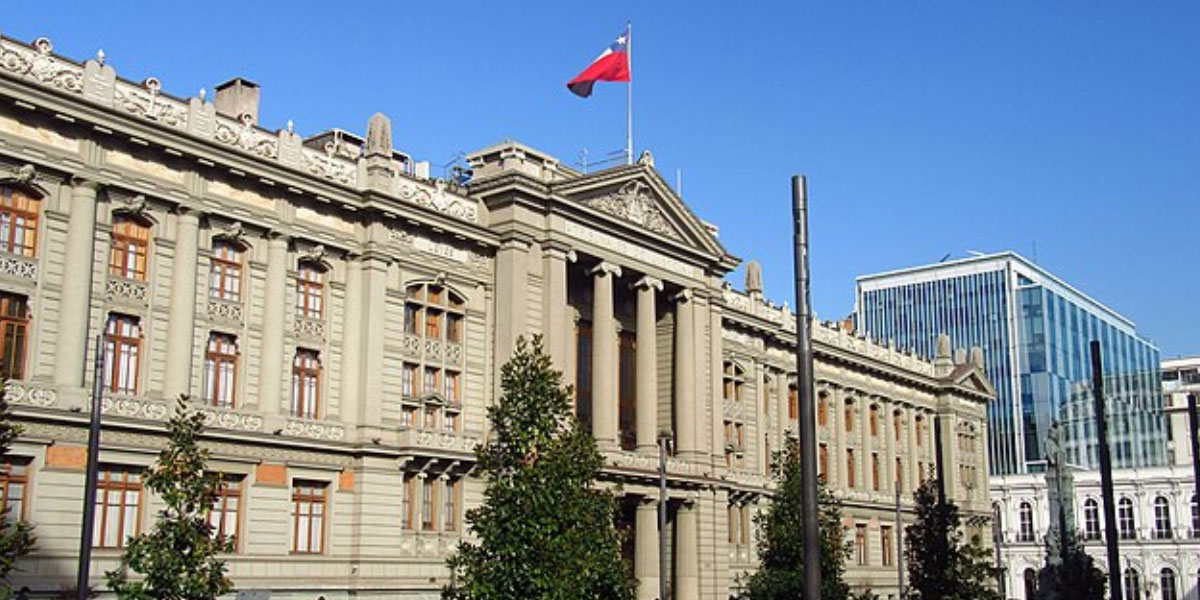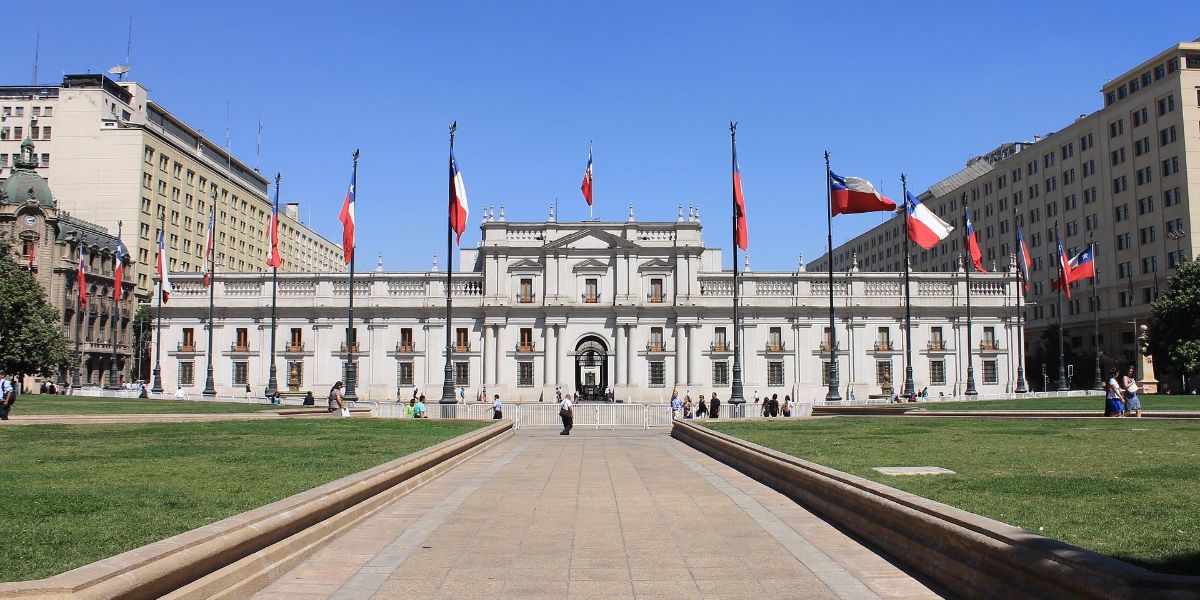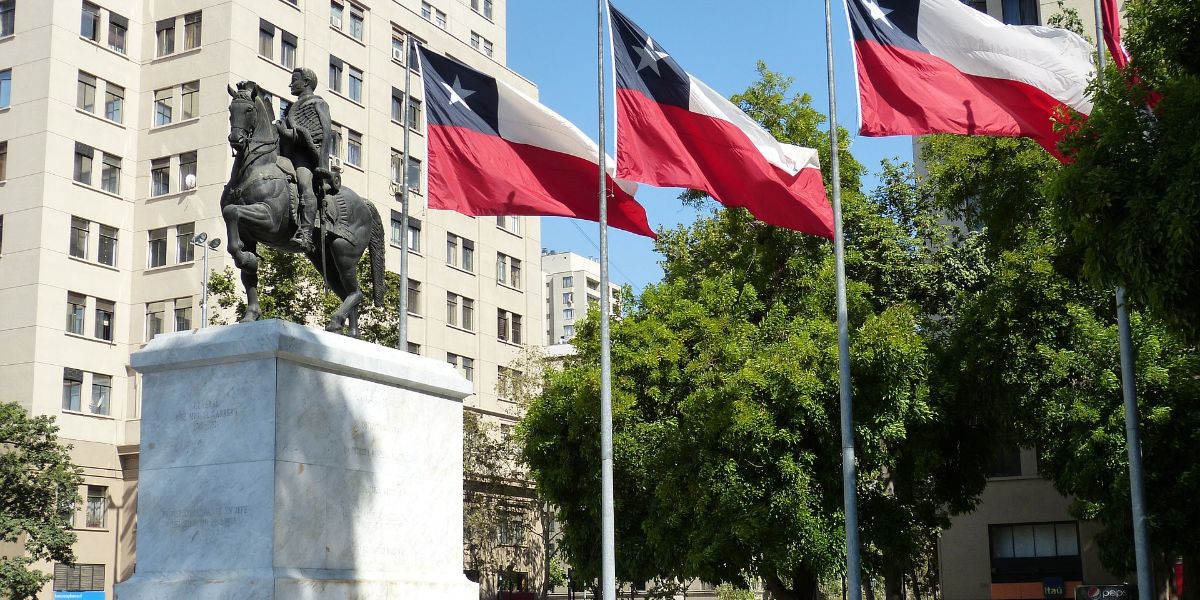On 23 and 25 June 2015 the World Trade Organization (WTO) conducted a trade policy review of Chile. The review was based on a report issued by the government of Chile and a report by the WTO secretariat.
The WTO notes in its report that Chile was able to recover quickly from the global economic crisis owing to higher mineral prices, a sound financial system and prudent economic management leading to a fiscal surplus. Growth in GDP averaged 3.6% annually between 2009 and 2014. Growth has recently slowed and Chile has taken measures to improve productivity and liberalize trade.
The enactment of the Tax Reform Law is designed to enhance tax efficiency and equity as well as to increase tax revenue. This reform is being introduced over a period of four years and involves changes to tax rates to achieve greater tax equity.
Chile has continued to receive large amounts of direct foreign investment (FDI) almost half of which has been absorbed by the mining sector. The rest of the FDI went mainly to financial services, electricity, gas, water and manufacturing.
Chile has continued an open trade strategy based on the conclusion of trade agreements. Since 2009 free trade agreements have been concluded with Hong Kong SAR (China); Malaysia; Thailand; Turkey and Vietnam. Chile is continuing to take part in negotiations for the Trans Pacific Partnership (TPP) and the trade liberalization efforts of Asia Pacific Economic Cooperation (APEC). The country also became a member of the OECD in 2009.
Chile has continued to implement trade facilitation measures, standardizing customs procedures for some destinations, and a single window for definitive imports should be implemented by 2017. The appeals procedure for complaints brought before the National Customs Service has been improved with the creation of the Tax and Customs Courts (TTA) to hear complaints and resolve issues.
The average MFN tariff in 2014 was 6%. The 6% rate applies to more than 99% of lines while a 0% rate applies to 35 lines including machinery and some means of transport. A price band system based on international reference prices is applied to imports of wheat, wheat flour and sugar. The Chilean government has stated that this price band system resulted in zero rates for most of the period under review; however the WTO report considers that existence of this system creates uncertainty for exporters of those products to Chile and reduces the transparency of the tariff policy.
Chile has a general and a simplified duty drawback system for exporters. The simplified system is mostly used by small exporters and allows a reimbursement of 3% of the f.o.b. value of non-traditional exports. Under the regime of temporary admission for inward processing (DATPA) companies producing goods for export may import raw materials, semi-processed goods, components and spare parts free of import duties or value added tax (VAT). The Chilean Economic Development Agency (CORFO) runs a bank loan guarantee scheme for exporters (COBEX) and this was extended in 2010 to cover investment or working capital for micro, small and medium-sized exporting or importing enterprises.
Programs aimed at regional development include the tax credit for investment in certain provinces, exemption from tax in free zones and the Fund for the Promotion and Development of Remote Areas. Other programs aim to develop the regions in the far north and far south of the country by providing non-reimbursable financing to small and medium sized enterprises (SMEs) investing in those regions. There are a number of SME support programs and SMEs looking for loans from financial institutions are supported by the Guarantee Fund for Small Enterprises.













